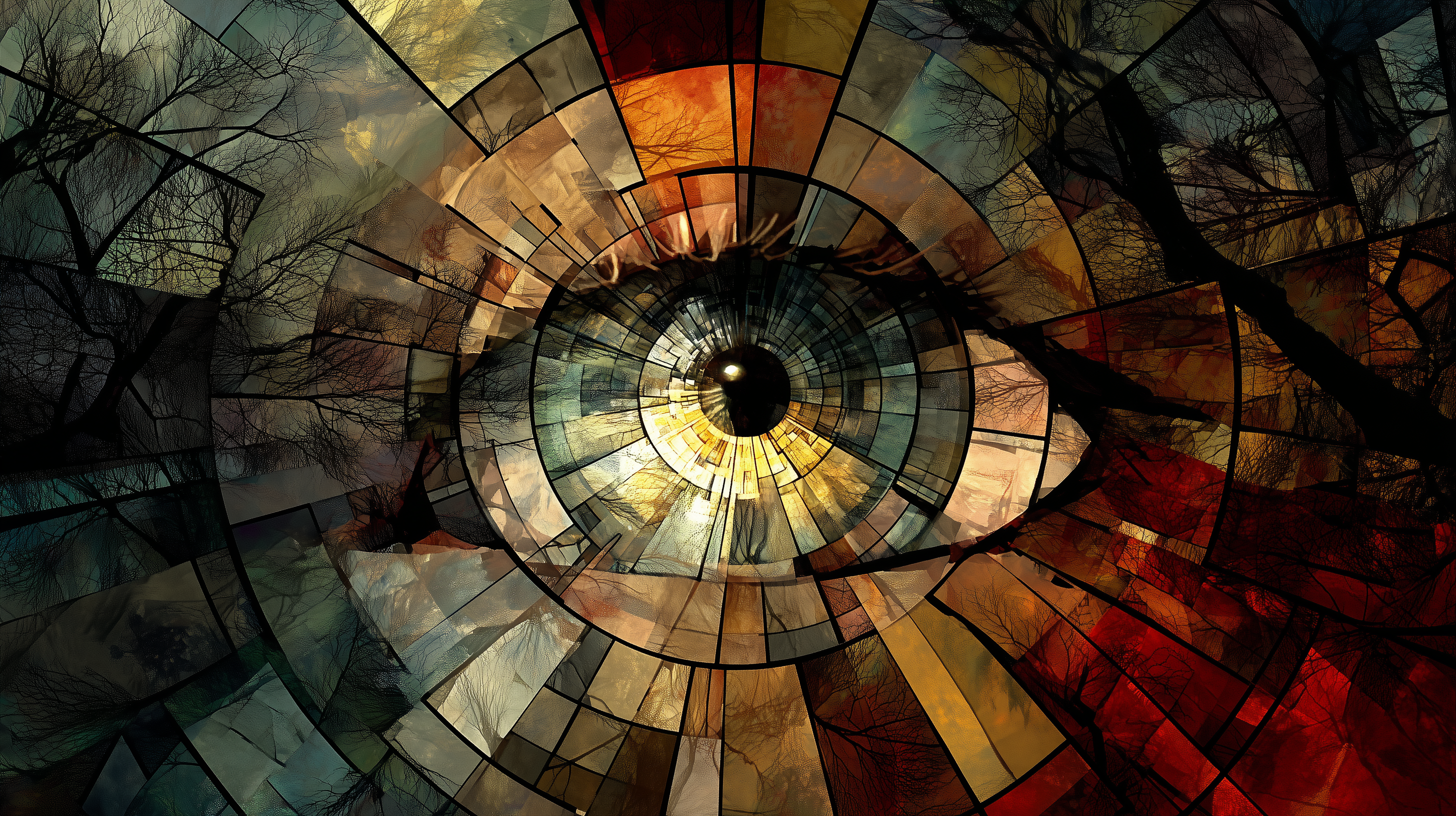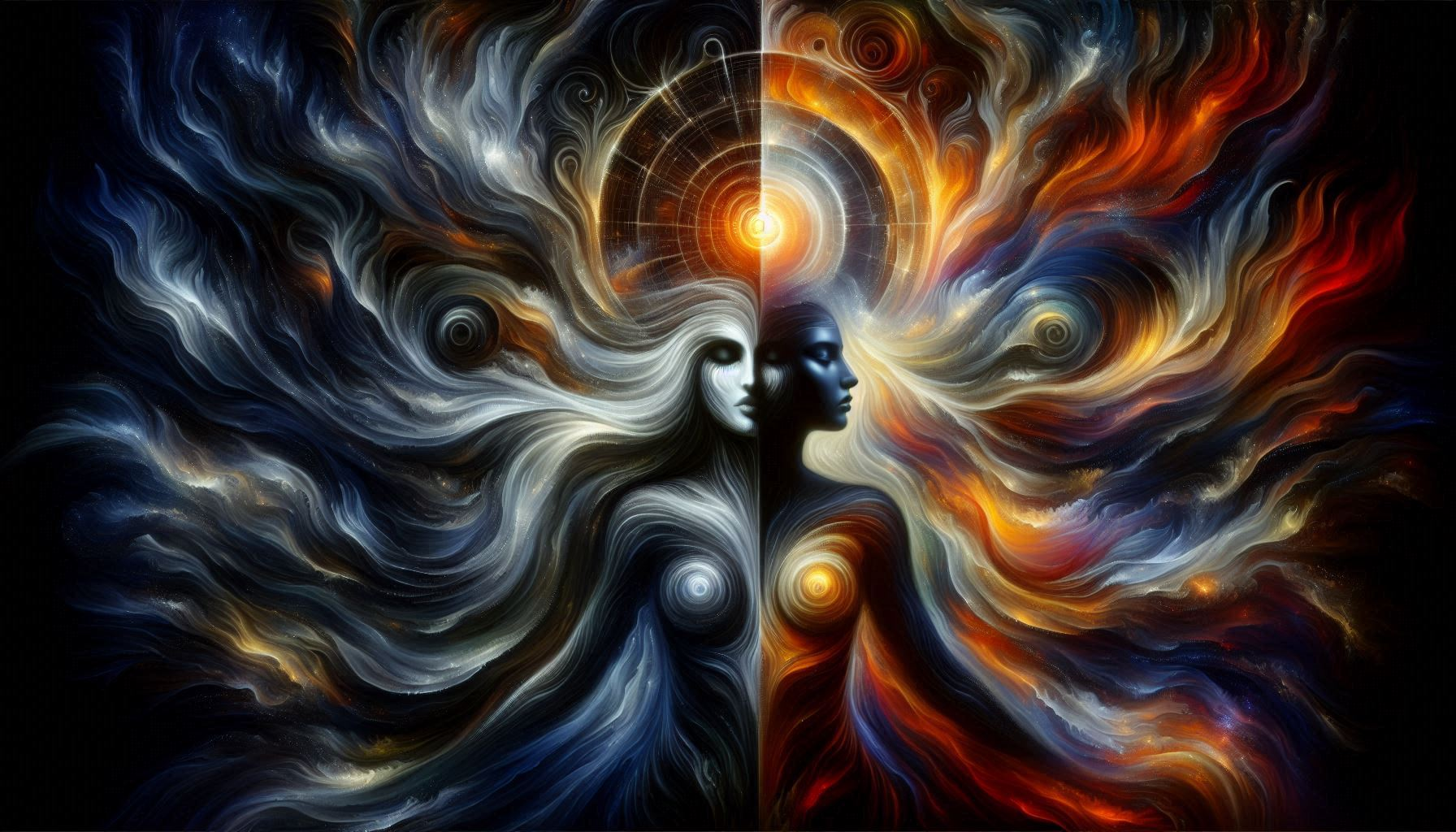Author Comment
The views in this article are shaped by my personal experiences in heterosexual, monogamous relationships and my professional insights. I focus on the interpersonal dynamics of love and romantic partnerships. For me, romantic love is a fundamental necessity, representing a profound connection that transcends the ordinary and offers a sanctuary where I have felt truly seen and understood.
Love is subjective, so these reflections may not resonate with everyone. I hope my insights help others define what love means to them while recognizing the barriers that may impede it.
Love in romantic relationships is a profound and multifaceted experience, encompassing both immense joy and significant challenges. At its worst, it can be deeply painful and disheartening, bringing out the darker aspects of our emotions and experiences, while leaving us feeling vulnerable and wounded. At its best, love is a beautiful dance of mutual respect, understanding, and support. It involves cherishing each other’s presence, celebrating the highs, and standing by each other during the lows. Love can be a sanctuary where two souls find solace and strength in each other. However, love demands effort, patience, and vulnerability. It requires being open to the possibility of hurt, yet choosing to trust and give your heart. Navigating differences, communicating openly, and growing together are essential aspects of a loving relationship.
Passion and stability are the cornerstone of romantic love, as passion ignites the spark and excitement and stability provides the foundation of trust and security. Passion is the fiery essence that doesn’t just ignite but also sustains romantic relationships. It brings intensity, excitement, and a sense of adventure to the connection between two people. Passion can manifest in various forms, from physical attraction and desire to a deep emotional bond and shared enthusiasm for life. In the early stages of a relationship, passion often feels all-consuming, like a powerful force that draws two people together. It’s the spark that makes every moment feel electric and every touch feel significant. This initial burst of passion can create unforgettable memories and a strong foundation for the relationship.
As time goes on, passion may evolve and deepen. It becomes less about the initial thrill and more about a profound connection that continues to grow. This enduring passion is nurtured through shared experiences, open communication, and a mutual commitment to keeping the relationship vibrant and alive.
Balancing passion with stability is essential for a fulfilling and enduring romantic relationship. Passion brings excitement and intensity, while stability provides a sense of security and trust. Together, they create a harmonious and resilient bond. Passion is like the vibrant colors in a painting, adding depth and emotion. It keeps the relationship lively and engaging, ensuring that both partners feel desired and connected. However, passion alone can be fleeting if not grounded in something more substantial.
Stability, on the other hand, is the canvas that supports those colors. It offers a foundation of trust, reliability, and mutual respect. Stability means being there for each other through life’s ups and downs, creating a safe space where both partners can grow and thrive. In my world, balancing these elements feels like weaving a delicate tapestry. The threads of passion and stability intertwine to create a masterpiece that is both dynamic and enduring. It’s about finding a rhythm where the intensity of passion is complemented by the calm assurance of stability.
The kind of love that intertwines passion and stability often brings with it a unique blend of joy and pain. This pain can be profound and multifaceted, touching the deepest parts of our hearts and souls. When two souls are deeply connected, any distance or separation can feel like an unbearable ache. The longing to be with your beloved, to share moments and experiences, can create a sense of emptiness and yearning. Love requires opening up and being vulnerable, which can be both beautiful and terrifying. The fear of losing the one you love, of being hurt or rejected, can create a constant undercurrent of anxiety.
Even in the most passionate and stable relationships, misunderstandings and conflicts are inevitable. These moments can be painful, as they challenge the harmony and connection shared. However, they also offer opportunities for growth and deeper understanding. As individuals and as a couple, change and growth are part of the journey. This can sometimes lead to growing pains, where you must navigate new dynamics and adapt to each other’s evolving needs and desires.
Love at its worst can be deeply painful and disheartening. It can bring out the darker aspects of our emotions and experiences, leaving us feeling vulnerable and wounded. Many other aspects rear their ugly head in a relationship such as betrayal and trust issues, unrequited love, toxic behaviors, jealousy and insecurity, and finally heartbreak and loss.
Betrayal and trust issues can shatter the foundation of a relationship. When trust is broken, whether through infidelity or deceit, the pain of betrayal can lead to deep-seated trust issues and emotional scars that are difficult to heal. The once unbreakable bond between partners becomes fragile, and every interaction is tainted with doubt and suspicion. The betrayed partner may find themselves constantly questioning the sincerity of their loved one’s words and actions, leading to a cycle of anxiety and insecurity. This emotional turmoil can erode the very essence of the relationship, making it challenging to rebuild the trust that was once taken for granted. The journey to healing is often long and arduous, requiring immense patience, understanding, and a willingness to confront the painful memories that linger in the shadows. Without mutual effort and genuine remorse, the relationship may never fully recover, leaving both partners to grapple with the lingering echoes of betrayal.
Unrequited love can be one of the most painful experiences. Loving someone who does not return your feelings can create a sense of hopelessness and despair, as the longing and yearning for a love that is not reciprocated can be overwhelming. The heartache of unrequited love often feels like a constant, gnawing ache, a void that cannot be filled. Each encounter with the beloved, whether in person or in thought, can intensify the feelings of loneliness and rejection. The mind becomes a battleground of conflicting emotions—hope and despair, love and sorrow—each vying for dominance.
This emotional turmoil can lead to a profound sense of isolation, as the unreciprocated lover may feel misunderstood and alone in their suffering. The pain of unrequited love can also manifest physically, with sleepless nights, loss of appetite, and a pervasive sense of fatigue. Despite the agony, there is often a glimmer of hope that the beloved might one day return the affection, a hope that keeps the flame of love burning, even in the darkest moments. This hope, however faint, can be both a source of strength and a cause of prolonged suffering, as the unreciprocated lover navigates the delicate balance between holding on and letting go.
Toxic behaviors in a romantic relationship can manifest in various ways, often eroding the foundation of trust and respect. These behaviors include manipulation, where one partner seeks to control or influence the other unfairly; or constant criticism, which undermines self-esteem and creates a hostile environment. Emotional abuse, such as gaslighting, can distort reality and make the victim doubt their own perceptions. Additionally, jealousy and possessiveness can stifle individuality and breed resentment. These toxic patterns not only harm the individuals involved but also prevent the relationship from growing in a healthy and supportive manner. Recognizing and addressing these behaviors is crucial for fostering a loving and respectful partnership.
Jealousy and insecurity can erode the joy and trust in a relationship. Intense feelings of jealousy and insecurity can lead to constant tension and conflict, making it difficult to maintain a healthy connection. These emotions often stem from deep-seated fears of inadequacy and the fear of losing the partner’s affection. When jealousy takes root, it can manifest in various ways, such as constant questioning, accusations, and an overwhelming need for reassurance. This behavior can create a suffocating atmosphere, where both partners feel trapped in a cycle of suspicion and defensiveness.
Insecurity can also lead to controlling behaviors, where one partner attempts to monitor or restrict the other’s actions, friendships, and even thoughts. This control can stifle the natural growth and freedom essential for a healthy relationship, leading to resentment and frustration. The constant need for validation can become exhausting for both partners, draining the relationship of its spontaneity and joy.
The impact of jealousy and insecurity extends beyond the immediate conflicts. It can undermine the foundation of trust that is crucial for any relationship to thrive. Without trust, every interaction is tinged with doubt, and the emotional connection between partners weakens. Over time, this can lead to emotional distance, where partners feel disconnected and misunderstood.
Addressing jealousy and insecurity requires open communication and a willingness to confront these feelings honestly. Both partners need to work together to build a sense of security and trust, acknowledging each other’s fears and insecurities without judgment. Seeking support from a therapist or counselor can also be beneficial, providing tools and strategies to navigate these complex emotions. By fostering an environment of mutual respect and understanding, it is possible to overcome jealousy and insecurity, allowing the relationship to flourish and grow stronger.
The end of a relationship, whether through a breakup or the loss of a loved one, can be devastating. The sense of emptiness and grief can feel overwhelming as if a part of you is missing. This profound sorrow can permeate every aspect of your life, casting a shadow over the simplest of joys. The memories of shared moments, once a source of happiness, now become painful reminders of what has been lost. The ache of absence can feel like a physical weight, pressing down on your chest, making it difficult to breathe or find solace.
In the wake of such loss, the world can seem colorless and devoid of meaning. The routines and places that once brought comfort now feel hollow and unfamiliar. The loneliness that accompanies heartbreak can be all-consuming, as you navigate the days without the presence of the one who was once your confidant and companion. The nights can be especially difficult, filled with restless thoughts and the haunting silence of an empty space beside you.
Grieving the end of a relationship is a deeply personal journey, one that requires time and patience. It is a process of coming to terms with the new reality, of finding ways to heal and rebuild. The pain of heartbreak can also bring about a period of introspection, where you reflect on the love that was shared and the lessons learned. This reflection can be a path to growth, helping you to understand yourself better and to recognize the strength within you.
Despite the overwhelming grief, there is hope for healing. The heart, though wounded, has a remarkable capacity to mend. With time, support, and self-compassion, the sense of loss can gradually give way to acceptance and peace. The memories of the past, while still tinged with sadness, can become a testament to the love that was once cherished, a reminder of the resilience of the human spirit.
In my world, the pain of love at its worst has felt like a haunting shadow, a reminder of the fragility and complexity of human connections. It’s the dark contrast that makes the moments of true love and connection even more precious and meaningful. This shadow lingers in the corners of the heart, whispering of past hurts and unfulfilled desires, casting a pall over the present. It is a constant companion, a silent witness to the vulnerability that love demands. The ache of love lost or unreciprocated can feel like a wound that never fully heals, a reminder of the risks we take when we open our hearts to another.
Yet, it is this very pain that underscores the beauty of love’s fleeting moments. The joy of a shared smile, the warmth of a tender embrace, the comfort of knowing and being known—these moments shine all the brighter against the backdrop of love’s darker aspects. The contrast between the agony of love’s failures and the ecstasy of its successes creates a rich tapestry of human experience, one that is both poignant and profound.
In this interplay of light and shadow, we find the true essence of love. It is not just the moments of bliss that define it, but also the struggles and sorrows that give it depth and meaning. The pain of love at its worst teaches us resilience and empathy, allowing us to appreciate the moments of connection with a deeper sense of gratitude. It is through navigating the complexities of love that we come to understand its true value, cherishing the precious moments of genuine connection that make the journey worthwhile.

Doctor of Clinical Psychology, PsyD., middle aged, mother of two young adults, Latina, neurodivergent, came from the dirt and clawed my way out through the US education system, digital and AI artist, web programmer, writer, pure water elemental, dark creature, and goddess of water (one of many)!
I am one, of infinite possibilities.
This is me, who are you?




Leave a Reply